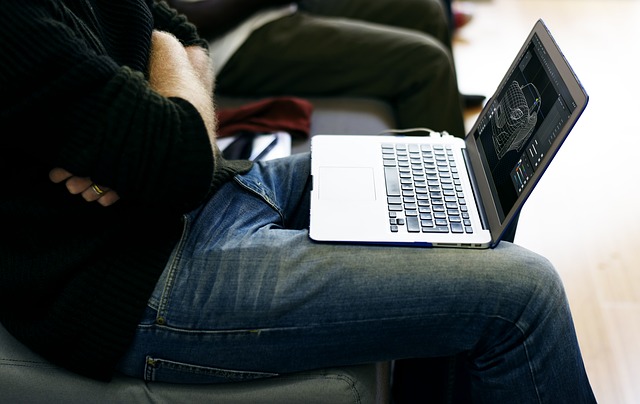
Hacking is more common than you would like to think. In fact, according to a report published on CNN, personal information of 110 million Americans got exposed in the last 12 years alone, this makes it about half of the adult US population.
In today’s world, you do not have to personally get hacked to get affected with a hacking incident. Your information is out there on different servers and any of the servers getting hacked can put you in hot waters.
With 432 million accounts being hacked last year, the danger is only increasing. To help you in this regard, given below are some valuable tips on how to avoid being hacked:
1. Keep Strong Passwords
A lot of us are still in the habit of keeping simple passwords, such as the name of our pets, and spouses. This is a big mistake as passwords that are easy to guess are an open invitation to hackers.
You should always keep passwords that are difficult to break. Ideally, they must include a mix of smallcase and uppercase letters with a numbers and symbols. You can use one of the several websites or tools to come up with strong passwords if you cannot think of one on your own.
Other than this, make sure to change your password every now and then. Experts suggest to change the password every three months to be safe and this should be applied for all cases and not just specific sites.
2. Don’t Fall For Phishing Technique
Phishing is one of the easiest and most popular ways to hack into a system. It involves sending emails that look original but actually come from fae sources and often contain links to malware or viruses.
Some of them may also be written like official emails to fool you into providing personal details such as your passwords. You should always double check the source before providing any personal information via email.
Also, remember no company will ever ask for your password or other such information via emails so always be alert.
3. Don’t Open Untrusted Attachments
Be careful about what you open or install on your computer as you never know if a file might be infected. A good option is to scan attachments before you open them. However, if you received the email or attachment from a completely untrusted source then you should avoid it altogether.
4. Be Careful Of Links
Do not click on untrusted links you see on different sites. Also, refrain from opening links sent by friends on social media unless you are sure of it being safe. Often, emails also contain links that can take you to a site that can infect your device so be careful of such links as well.
The best option is to scan all links and to avoid opening links you do not trust. You should also read links properly because at times wrong links are evident. For example, a fake Facebook link might read facebook.com or facebok.com but the website might appear exactly like the original site so make sure to be careful.
5. Avoid Using USBs
Avoid using untrusted devices on your computer such as external hard drives and USB disks as they might be infected. You should always scan such devices before you use them. If you use your device on a stranger’s computer then make sure to scan it before you use it on your own as the other computer might be infected.
Same goes for memory cards and readers. Not all companies make safe cards and readers so be careful when you transfer data using such devices.
6. Use Two-Factor Authentication
This is the best way to protect your accounts as it provides you with an extra layer of security. When you have two-factor authentication active on your account, you will receive a code via your email or number in order to log into an account.
This means that even if someone is able to guess your account password, the person will not be able to break into the account until he or she has access to your email or phone number.
This extra layer of security greatly reduces the risk and can prevent hacks.
7. Avoid Sharing Personal Data
Once you put something on the cloud it is always there. Imagine putting a picture on Facebook, even if you take it down you have no control over who all saved it. The best way to protect your privacy is to avoid putting private information on the web.
Also, avoid uploading your private documents such as identity cards on sites you do not trust.
8. Avoid Installing Files From Untrusted Developers
Do not install files from untrusted sources. Most operating systems will warn you when you attempt to run such a program to protect your devices. While you have the option to allow your devices to run such apps, it can backfire because you aren’t sure if an app is trustworthy or not.
9. Use Products With Care
Everything can be hacked from tablets to computers to phones. But other than this, even your cars can be hacked. The truth is that all devices that can be connected to the internet are at risk.
With smart cars, the risk has introduced. While you can install a rear view camera to reduce accidents, you should also use anti-hack tools to prevent hackers from being able to hack your cars.
Make sure to follow these simple tips to keep your devices safe and secure. While you cannot completely remove the risk, but you can definitely reduce it by being more careful about how you use your data.


